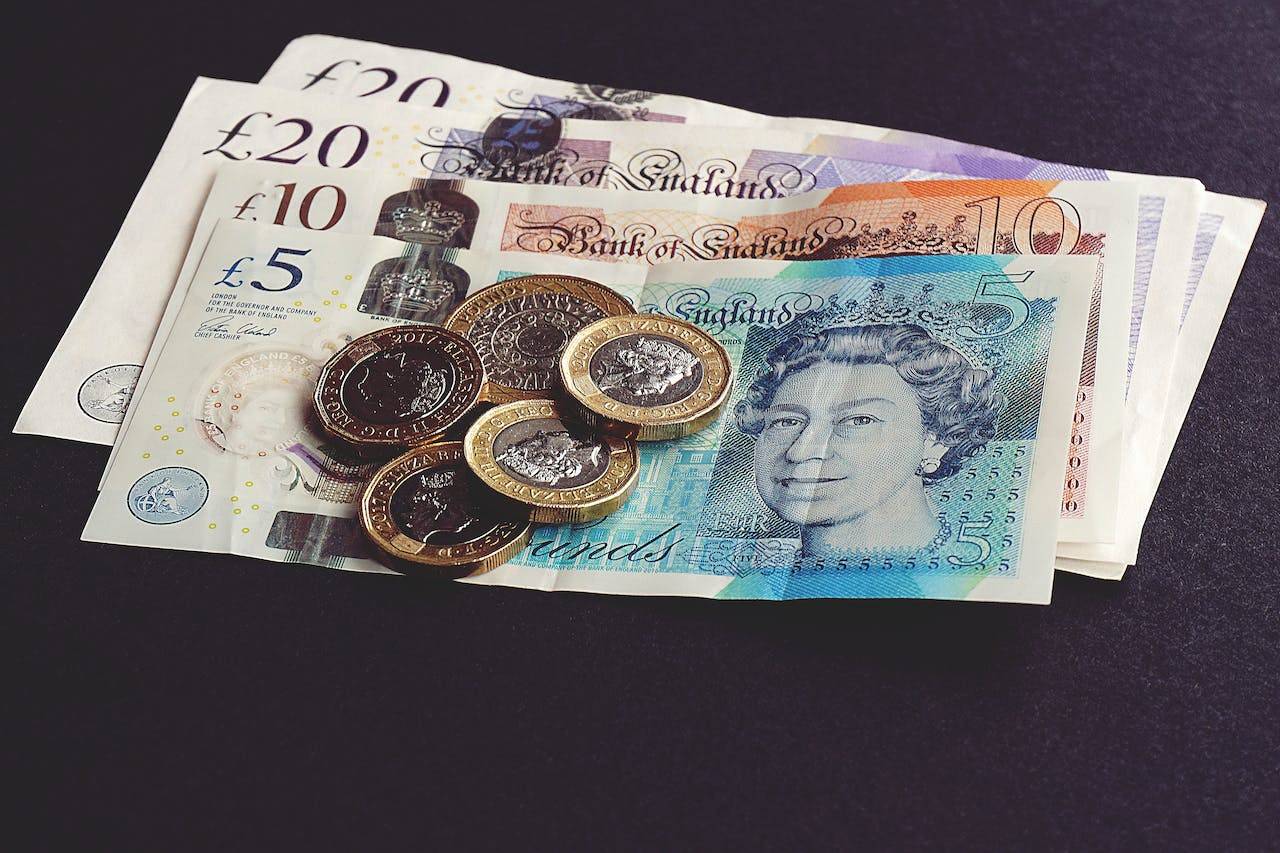Convincing scam texts are continuing to circulate, the most popular of which try to convince people they have unpaid parking fines – easy to ignore if you don’t own a car, but these texts are very convincing, even going as far to recreate government websites. See some examples below:


These text messages often lead to very convincing copies of official gov.uk pages. It will ask you for personal information, including your card details, which scammers will then steal. No matter how convincing these pages look, you should always check the URL, all official government websites start with gov.uk – this one didn’t.
What to look out for:
• Spelling/grammar mistakes
• Don’t own a car, or haven’t used public parking? Then that’s an instant tell that this is a scam!
• Threatening language or a sense of urgency – the threat of legal action can cause people to act before they think!
It’s not just text messages that can catch people out – even QR codes can be hijacked by scammers, causing people to unknowingly sign up for expensive subscriptions. These fraudulent QR codes have been reported in car parks, restaurants and pubs, shops, bus stops and stations.

Victims were being charged up to £40 a month for a subscription service they had never signed up for. Scammers most likely tampered with public QR codes, replacing them with their own stickers, which can then lead to harmful phishing websites or infect your device.
What to look out for:
• Check for evidence of tampering – has someone placed a sticker over the real QR code?
• Don’t use an app to scan QR codes – this will increase your risk of downloading malware or being redirected to a dodgy site. Use your build in scanner in your phone camera.
• Don’t scan QR codes to download apps – only use a verified app store
• Avoid QR codes in emails – scammers are starting to use QR codes to mask dodgy links in emails.
Scam emails are still rampant too – just this week, one of our employees received an email claiming to be from Warner Music Group about a bogus job offer.

The email used very professional language, even going as far as using her real name. The only giveaways were the odd characters used near the end of the email (â, €), and the sender email address – all official Warner Music Group emails use the format @wmg.com, which this one didn’t quite follow:

With emails like this, the best thing to do if you’re suspicious is to report and delete them!
Scam callers unfortunately won’t be going away anytime soon either. Lots of scammers these days use an robotic or AI generated voice message if you answer the phone – anything from immigration to tax evasion, these callers want to make you worry and jump through hoops to pay them or face supposed legal action.
Like with scam emails, the best thing you can do is report and block the number.
Want to beat the scammers? Sign up for our Scam Alerts Mailing List today and stay up to date on the latest scams!
Scam emails can be reported to report@phishing.gov.uk
Scam texts can be reported by forwarding them to 7726
Phishing websites can be reported to the National Cyber Security Centre












